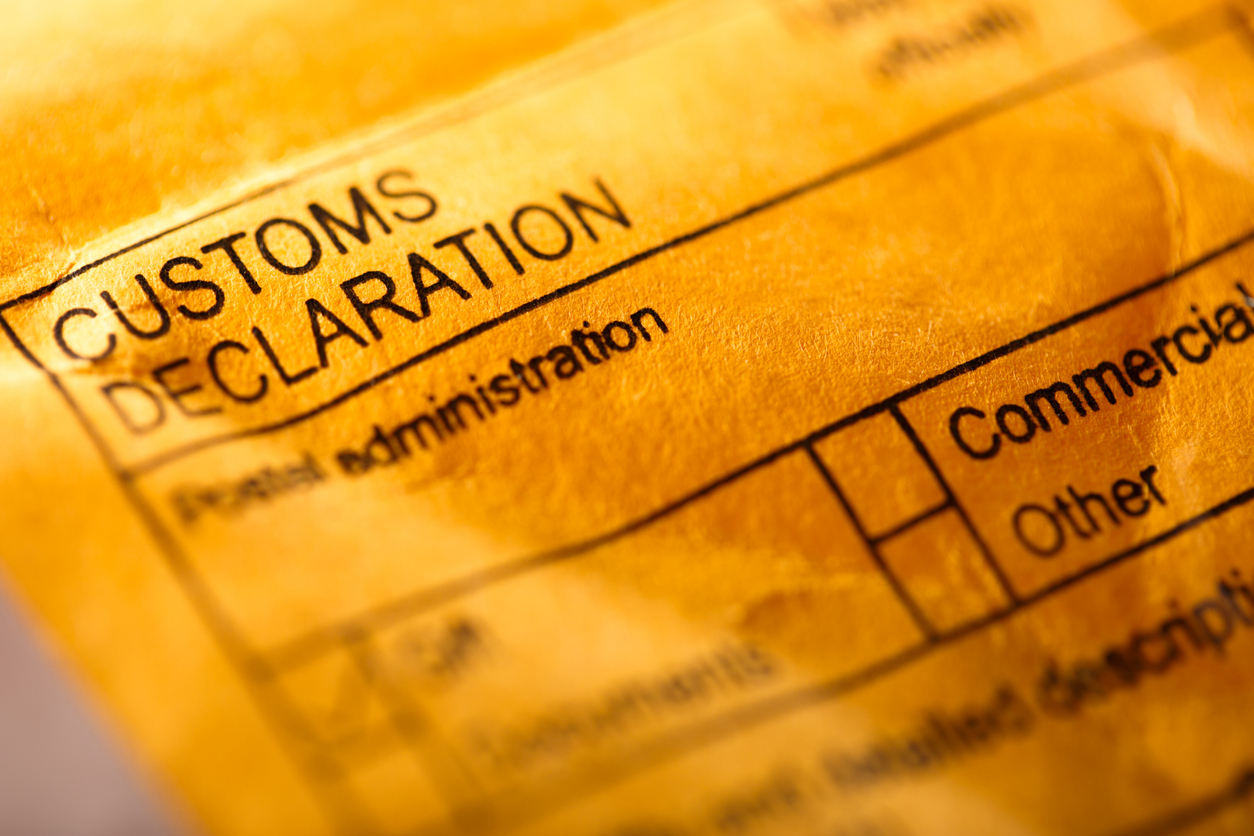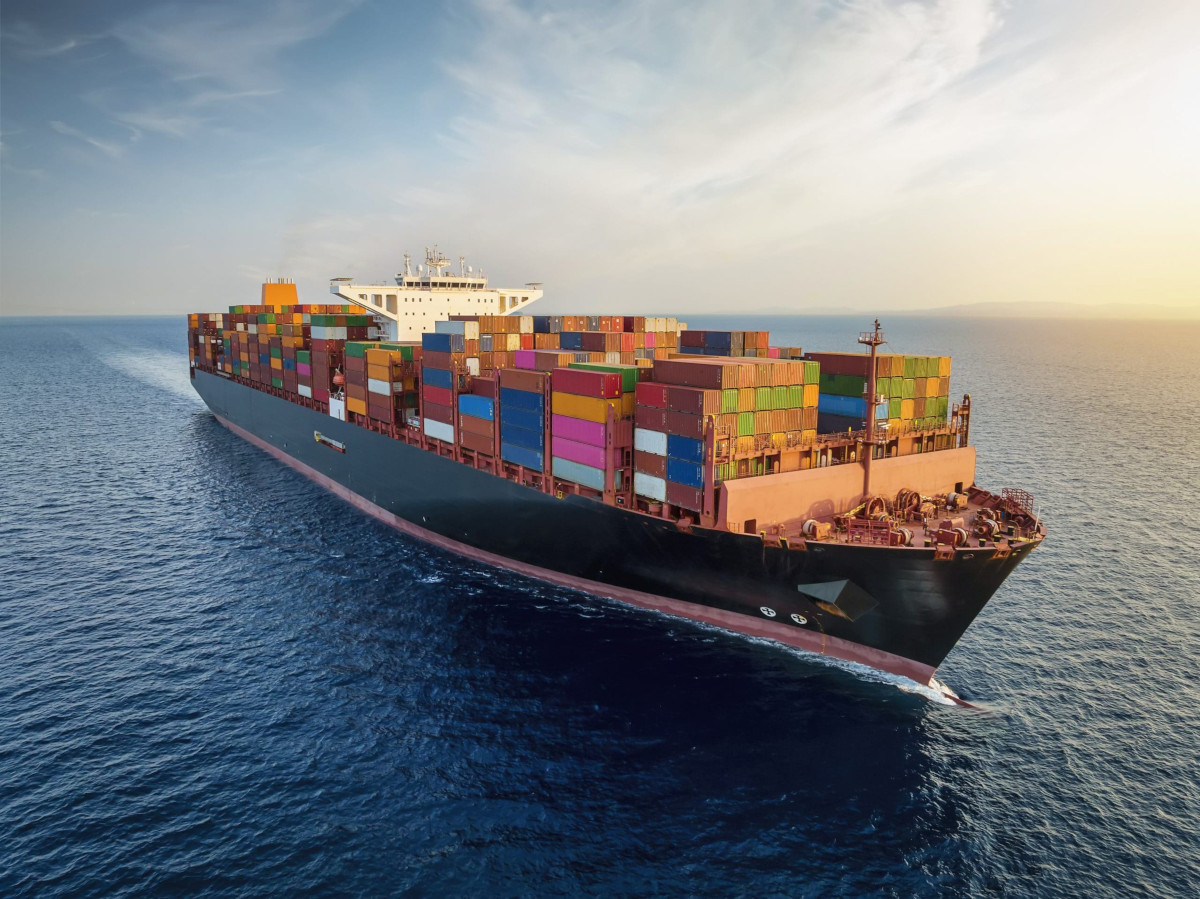Importer Evaded Duties on Chinese Wood Flooring Through Transshipment Scheme
A California-based importer and its owners have agreed to pay $8.1 million to resolve allegations that they knowingly evaded customs duties on imports of multilayered wood flooring from China in violation of the False Claims Act.
The settlement between the United States Department of Justice and Evolutions Flooring of South San Francisco, California, underscores the federal government’s ongoing commitment to trade enforcement, the crucial role that whistleblowers play in exposing customs fraud schemes, and the substantial rewards that customs fraud whistleblowers can receive.
The Transshipment Scheme: Disguising Chinese Flooring as Malaysian
According to court documents, Evolutions allegedly orchestrated a sophisticated scheme to evade antidumping and countervailing duties (AD/CVDs) as well as Section 301 tariffs that applied to multilayered wood flooring manufactured in China. It falsely declared that the country of origin, or “COO,” of the merchandise was Malaysia—a country not subject to these duties.
When importing goods into the United States, importers must submit Form 7501 customs entry summaries along with commercial invoices and other relevant entry documentation. This documentation must accurately report the country of origin, the value of the goods, any applicable duties or tariffs, and the amounts of duties or tariffs owed.
At the heart of the alleged scheme was a practice known as transshipment, which involves routing products made in one country through another country (or more than one other country) before importing them into the United States as part of a scheme to disguise their actual country of origin.
Evolutions allegedly falsely declared Malaysia as the country of origin for its imports of Chinese-made wood flooring. Moreover, it allegedly mispresented the identities of the products’ manufacturers, naming supposed suppliers in Malaysia. Additionally, it allegedly declared code “01” as the entry type on its Form 7501 customs entry summaries instead of using code “03,” which is required for merchandise subject to AD/CVDs.
The Whistleblower: A Competitor Turned Qui Tam Relator
Notably, the whistleblower who initiated the case wasn’t an employee or insider of the importer, Evolutions, which is the typical profile of a customs fraud whistleblower. Instead, it was a competitor in the flooring industry.
Specifically, California-based flooring importer and wholesaler Urban Global filed the lawsuit under the qui tam provisions of the False Claims Act, which allow whistleblowers to bring claims on behalf of the government and recover between 15% and 30% of any recovery as a reward.
Urban alleged it had noticed suspicious pricing and business practices that would only have been possible if Evolutions was evading applicable duties. Its complaint was based on its industry knowledge and an investigation that included publicly available information.
Phony Manufacturers and Suspicious Trade Patterns
In particular, Urban’s whistleblower complaint alleged that its investigation had found that the purported “manufacturers” of Evolutions’ Malaysian-origin imports were actually freight-forwarding companies or shell entities with no actual wood flooring manufacturing capabilities.
It additionally included an analysis of publicly available trade data and statistics, which it said showed suspicious shifts in export and import patterns consistent with its theory that Evolution was engaged in a transshipment scheme.
In particular, it cited import statistics showing a significant decline in U.S. imports of multilayered wood flooring from China. At the same time, there was a comparable increase in Chinese exports of the same merchandise to Malaysia and from Malaysia to the United States. Moreover, the trade data reflected a surge in those shipments above historical trends, suggesting that the goods were being transshipped through Malaysia rather than intended for the domestic Malaysian market.
For its role in exposing the fraud, Urban will receive a $1.2 million whistleblower reward, paid from the settlement proceeds. The False Claims Act incentivizes parties to file whistleblower complaints that provide the government with evidence of customs fraud.
The High Stakes: Millions in Evaded Customs Duties
The financial incentive behind the alleged scheme was substantial. Chinese-manufactured multilayered wood flooring had been subject to AD/CVDs since 2011. ADs protect domestic industries against foreign companies “dumping” products at prices below cost, while countervailing duties offset foreign government subsidies. Additionally, since 2018, a broad range of Chinese imports have been subject to Section 301 tariffs of up to 25%.
Evolutions allegedly evaded millions of dollars in those duties. This not only deprived the government of rightful revenues but also gave an unfair competitive advantage to companies that comply with customs laws, including Urban, the whistleblower.
DOJ’s Increasing Focus on Customs Fraud Whistleblower Cases
The case reflects the U.S. Department of Justice’s commitment to combating customs fraud through whistleblower cases under the False Claims Act, which creates liability for parties that knowingly conceal or improperly avoid obligations to pay money to the government.
Customs fraud can take several different forms, chiefly:
- Transshipment and false country-of-origin schemes: Routing goods through third countries to disguise their true origin.
- Undervaluation: Declaring artificially low values for imports, which is sometimes achieved through double invoicing—the use of one invoice with the actual values for accounts payable and a second invoice with lower values for customs entry.
- Misclassification: Using incorrect tariff codes to lower duty rates or to circumvent AD/CVDs or Section 301 tariffs.
- Shell company schemes: Using front companies to obscure the identities of suppliers (for example, to evade AD/CVD orders that apply to them) or of importers trying to dodge accountability.
- Failure to declare applicable duties: Failing to declare goods subject to AD/CVDs, Section 301 tariffs, or other duties.
If you work in trade, you may have valuable information that could lead to a successful False Claims Act case and a whistleblower reward. Be alert to red flags of potential customs fraud, including:
- Instructions to falsify documentation or create multiple sets of invoices;
- Large price reductions on commercial invoices while prices paid go up or remain unchanged;
- Suspicious claimed changes in sourcing, manufacturer, or origin.
Protect Your Rights: Consult with an Experienced Customs Fraud Whistleblower Attorney
If you have evidence of customs fraud, it is critical to consult with an experienced whistleblower attorney before taking action. The False Claims Act has highly technical requirements, and the way you present your case can significantly impact whether the government will intervene and the percentage of any potential whistleblower reward.
Preparing customs fraud whistleblower cases also requires experience in trade regulation and the False Claims Act. An experienced attorney can advise you on collecting evidence, help you evaluate that evidence, develop the strongest possible case, guide you through the complex legal process, and maximize your potential reward.
Furthermore, to qualify for a whistleblower reward, you must file a formal qui tam lawsuit under the False Claims Act—simply reporting the fraud to customs authorities is not sufficient to receive a False Claims Act reward. Those rewards can be substantial because the False Claims Act entitles the government to recover treble damages—three times the amount—from those who violate the statute.
At Mark A. Strauss Law, we have extensive experience representing whistleblowers in customs fraud cases under the False Claims Act. We understand the complexities of international trade, customs regulations, and whistleblower protections, and we can guide you through every step of the process.
Contact us today for a free, confidential consultation to discuss your potential whistleblower claim. All communications are protected by attorney-client privilege. Remember: Fraud is Their Game. Integrity is Yours.




